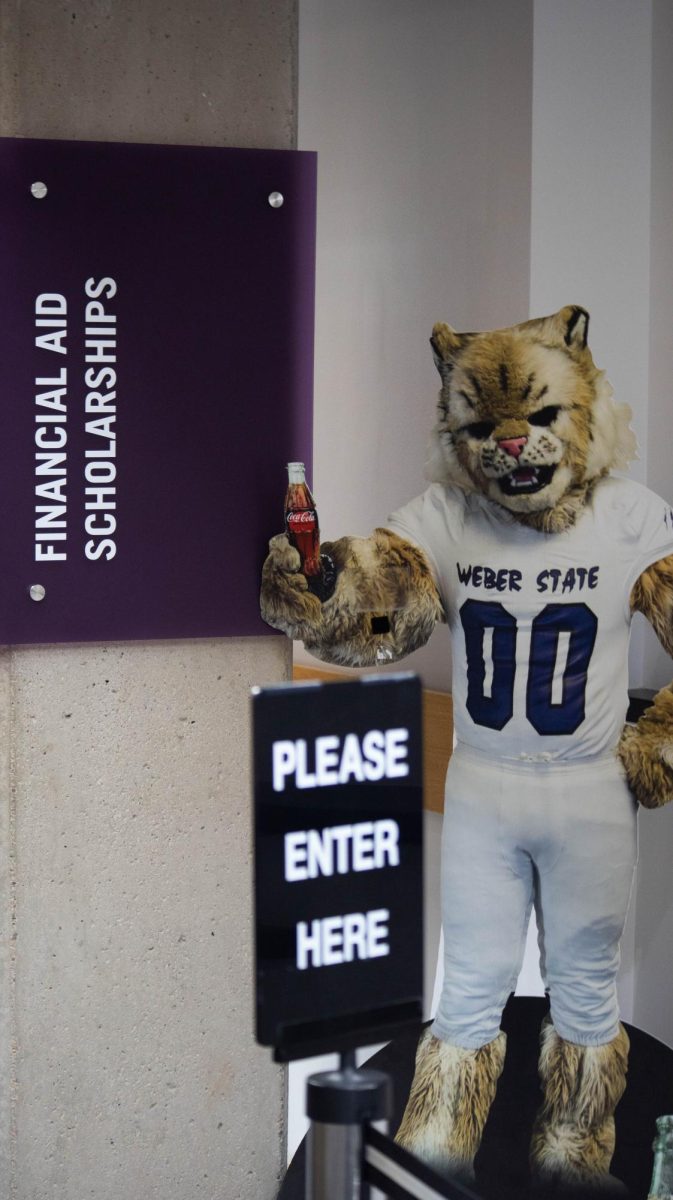Navigating college can be difficult and confusing, and deciding a major can be intimidating, but there are people who can help students with these big decisions. Several colleges within Weber State University have services to make it easy to navigate their majors’ requirements.
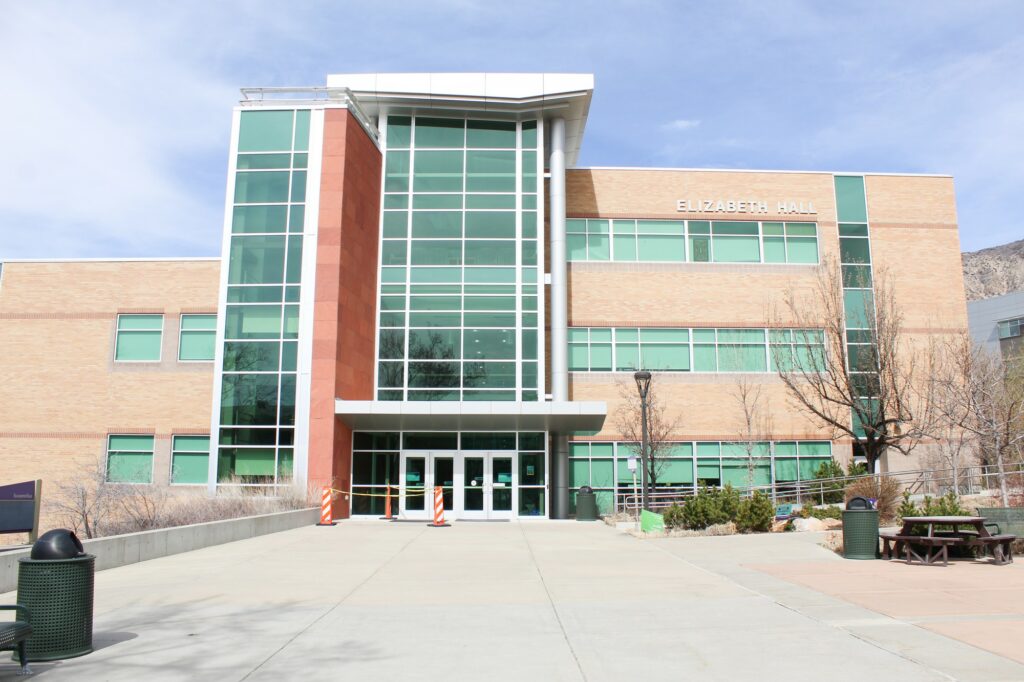
The Lindquist College of Arts & Humanities, Goddard School of Business & Economics and the College of Engineering, Applied Science & Technology have “open-door” policies, meaning students are free to walk in and speak with their advisers anytime.
“If you come in as a student who’s not sure what you want to study, I suggest you take a few gen-ed courses and go with the ones that sound the most interesting,” Deborah Uman, dean of Lindquist College of Arts & Humanities, said.
Uman emphasized the journey students take to find their major, and the college of arts and humanities has a diverse array of lower-division classes to meet the interests of most students.
Many students worry about the financial return they will make with their major. Uman pressed that it is a common misconception that arts and humanities majors can’t find work or don’t make money.
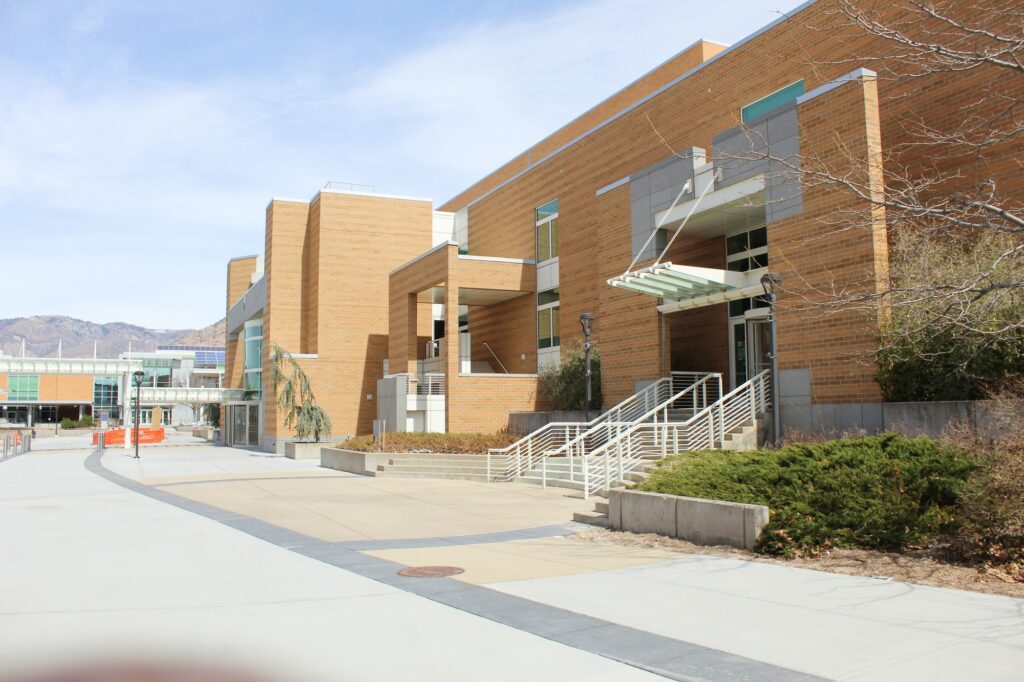
Uman explained multiple studies prove graduates of the arts and humanities make equal salaries as other disciplines, though she did say it can take longer to reach that point financially.
“Education in arts and humanities is all about spurring on your inspirations. We need, as a society, people with these creative skills,” Uman said.
The College of Arts & Humanities has classes that cultivate students’ creativity. According to the college’s website, the course list offers classes ranging from poetry to art history to dance.
“We are the most fun college. You really get to explore the big question about what makes us human, our cultures and the things that drive our communities and as individuals,” Uman said.
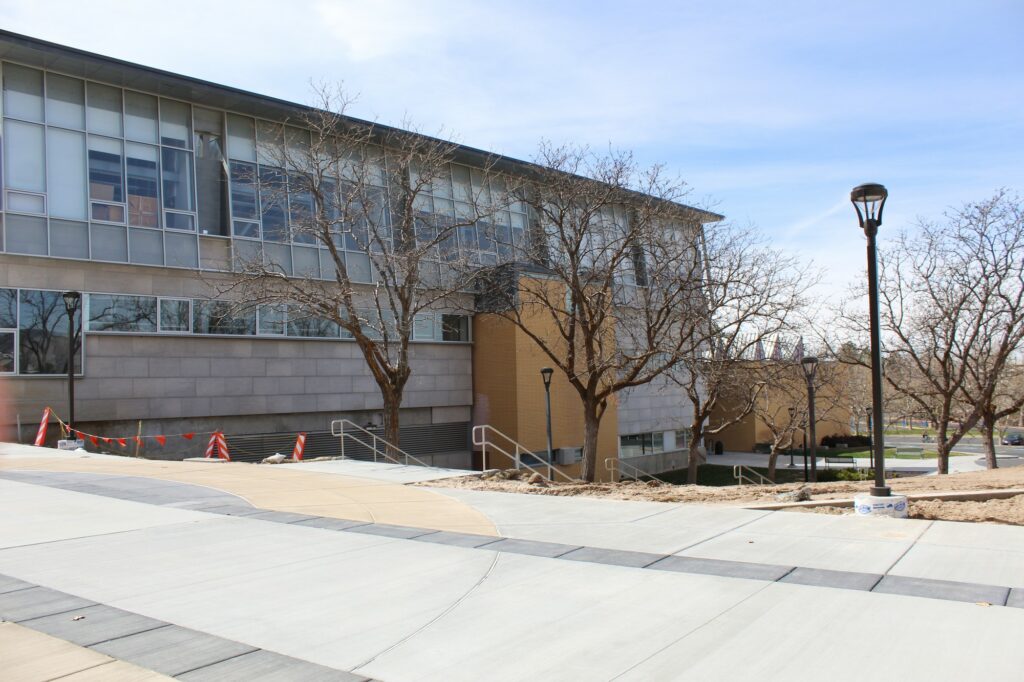
Brian Rague, assistant dean of the College of Engineering, Applied Science & Technology, emphasized the equity, inclusivity and diversity effort of the college. He encourages people of all genders, backgrounds and ethnicities to major in the STEM program.
“In STEM fields, if you don’t have diverse thinking, then you’re not serving the broader community in research and development,” Rague said.
Rague and the rest of the administration at the college are hoping the female-to-male ratio of students within their programs continues to grow. Rague believes the field will not develop if there isn’t equal inclusion through all perspectives of life.
According to Rague, a student with a STEM degree is very marketable post-graduation. He also claimed that salaries related to jobs that are in the STEM field are very high.
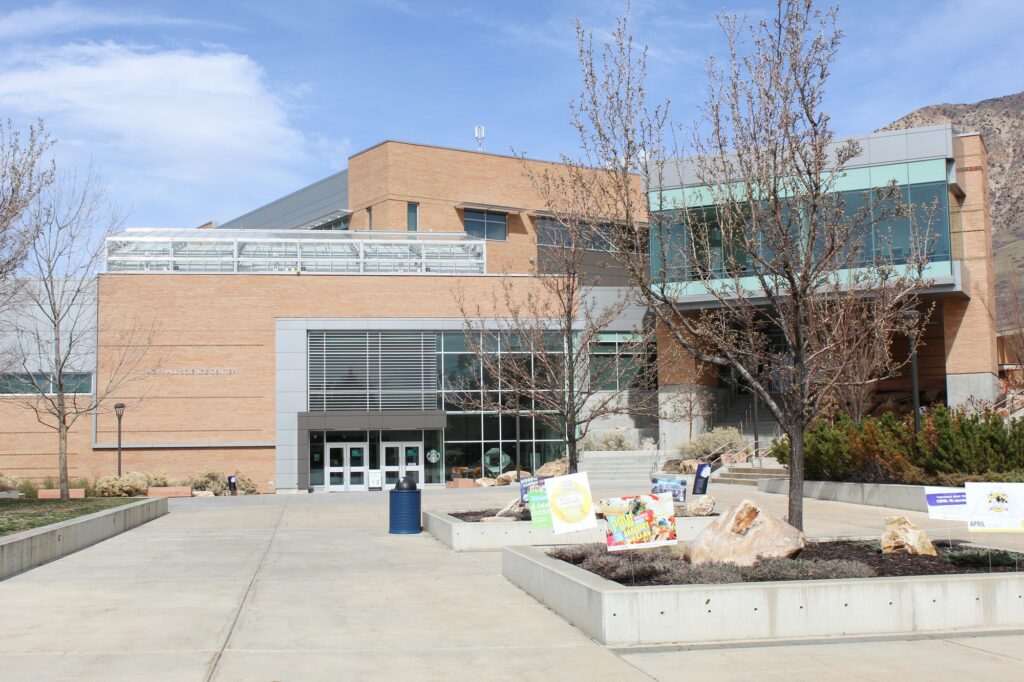
“We understand employment is a high priority of a student when entering college,” Rague said.
Rague explained that a way to combat the fear of technology advancing so quickly that the job supply runs low is to pursue a career in STEM. This allows students to influence the way technology advances and always be involved with it.
Matthew Mouritsen, dean of the Goddard School of Business & Economics, explained that the college is designed for the working professional. Mouritsen emphasized the college’s flexible course schedule.
Mouritsen said students are often a good fit for business and economics careers if they are good decision-makers.
“Our doors are open, our Zooms are open and it’s the personal touch that will make the difference in students’ lives,” Mouritsen said.



















